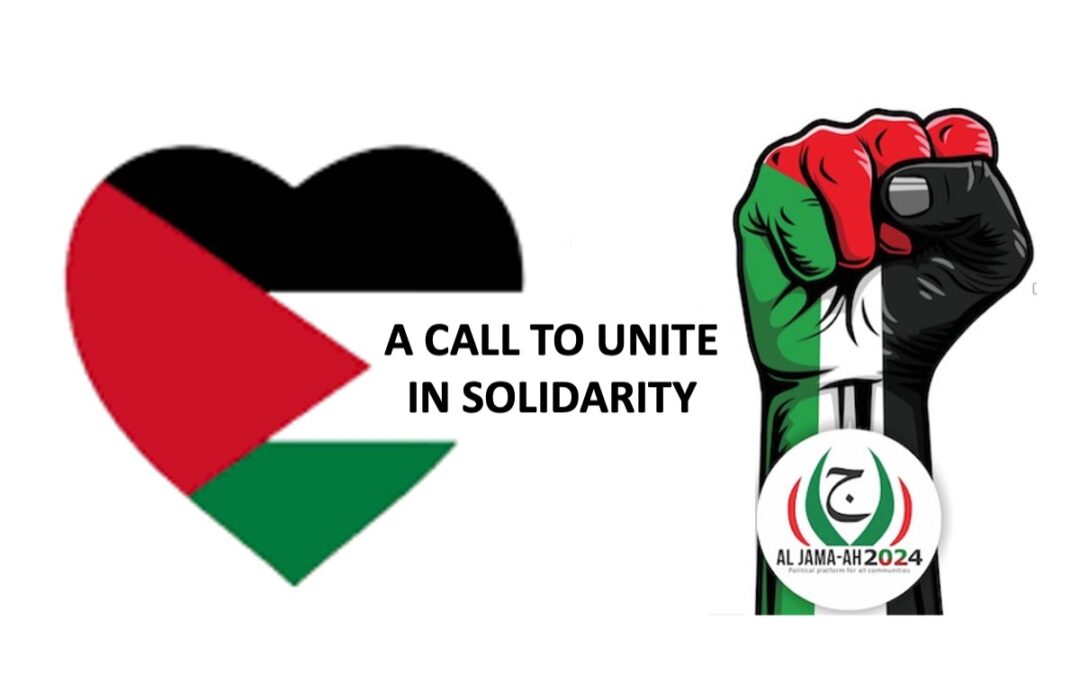Introduction
The ongoing conflict in Palestine has stirred emotions and passions across the Muslim world. As the world watches the suffering of the Palestinian people, it’s imperative for the Ummah, the global Muslim community, to unite in solidarity. This is not only a moral duty but also a practical necessity to address the complex challenges posed by the conflict and the broader issue of Zionism.
The Palestinian Struggle
For decades, Palestinians have been living under the weight of a complex and often violent conflict with Israel. Their struggle for self-determination, human rights, and freedom from occupation is a cause that resonates deeply with Muslims worldwide. The situation is made more complicated by the expansionist policies of the Israeli government and its settlements in the occupied territories.
The Role of Zionism
Zionism, the ideology that supports the establishment and maintenance of a Jewish state in historical Palestine, has been at the heart of this conflict. While it’s important to distinguish between Zionism as a political ideology and Jewish people as a whole, the actions of some Zionist organisations and the Israeli government have been a source of concern for many in the Ummah. Critics argue that these actions have led to the displacement of Palestinian communities and created a humanitarian crisis.
The Power of Unity
The Ummah is a diverse and widespread community, encompassing people from all walks of life and various cultures. To address the challenges posed by the Israeli-Palestinian conflict and Zionism, unity is essential.
Here’s why:
1. Strength in Numbers:
The Ummah represents more than a billion people worldwide. By uniting in support of the Palestinian cause, they can leverage their collective influence to raise awareness, advocate for change, and exert diplomatic pressure on nations and organisations with influence in the region.
2. Moral Duty:
Supporting the Palestinian people is not only a matter of political significance but also a moral obligation for Muslims. The Quran emphasises the importance of justice and compassion for those suffering, and this obligation extends to the people of Palestine.
3. Humanitarian Aid:
Unity within the Ummah can facilitate coordinated humanitarian efforts to provide aid and assistance to the Palestinian people. This includes medical supplies, food, and support for those affected by conflict and displacement.
4. Strengthening International Solidarity:
A united Ummah can foster stronger connections with individuals and organisations around the world who also support the Palestinian cause. Solidarity across borders can amplify the impact of advocacy efforts.
5. Raising Awareness:
By coming together and sharing information about the situation in Palestine, Muslims can help counter misinformation and ensure the world is aware of the realities on the ground.
Peaceful Advocacy
While unity in the Ummah is vital, it’s crucial to emphasise that advocacy for the Palestinian cause should be peaceful, lawful, and respectful of the rights and beliefs of all parties involved. Encouraging dialogue and promoting a peaceful resolution to the conflict is essential. The goal should be to seek justice, peace, and self-determination for the Palestinian people, rather than promoting division or hatred.
Conclusion
The suffering in Palestine is a source of pain and concern for Muslims worldwide. To address this issue effectively, unity within the Ummah is essential. A united front can leverage its collective influence to raise awareness, provide humanitarian aid, and advocate for justice. However, it’s essential to emphasise peaceful and constructive advocacy that promotes dialogue and co-operation. In this critical moment, the Ummah can play a pivotal role in advancing the cause of peace and justice in Palestine.


